240V wiring issue.
12 years ago
Related Stories
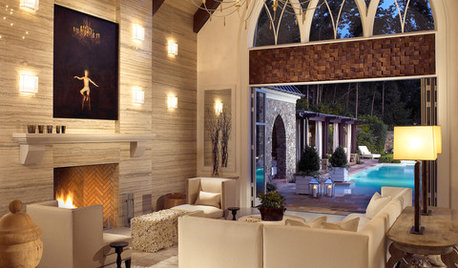
MORE ROOMSHome Tech: Getting Rid of Wires Without Sacrificing Sound
Wireless home technology still isn't perfect, but new products are giving audiophiles choices
Full Story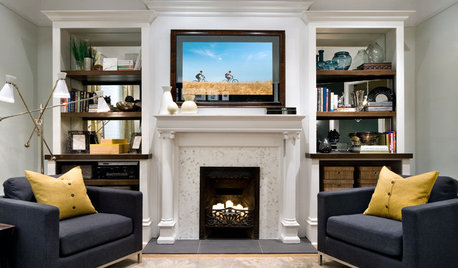
HOME TECHSave Your Decor — Hide Your Media Stuff
When you tuck boxes, wires and speakers into walls and ceilings, all you'll notice is your favorite shows or music
Full Story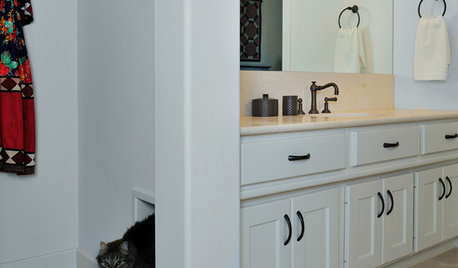
PETSSo You Want to Get a Cat
If you're a cat lover, the joys outweigh any other issue. If you haven't lived with one yet, here are a few things to know
Full Story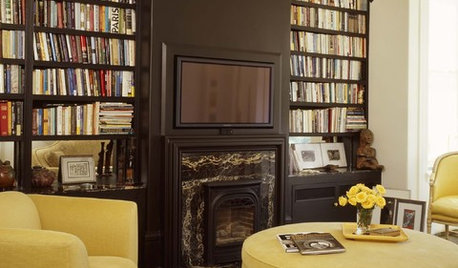
HOME TECHWell-Styled Electronics
Living the Wired Life? Here's How to Make All That Tech Look More at Home
Full Story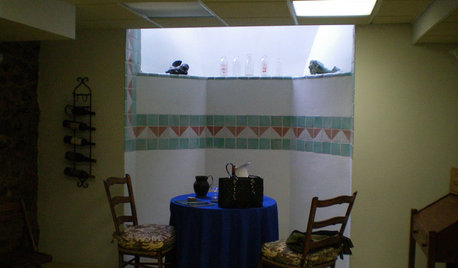
BASEMENTSBasement of the Week: High-End Problem Solving for a Show House
Dark and dated? Naturally. But this '70s-style basement had myriad other design issues too. See how the designer rose to the challenge
Full Story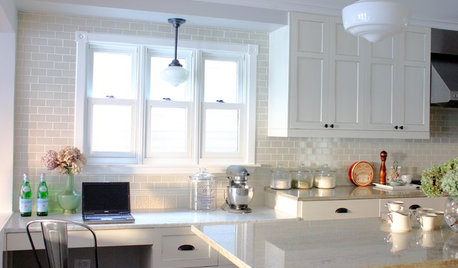
HOME TECHGo Ahead: Embrace Your Home Technology
It's time to make peace with the gadgets, wires and TV screens that serve us so well
Full Story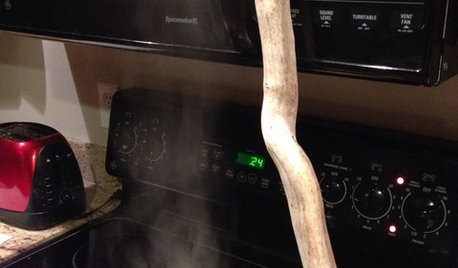
LIFEHouzz Call: Show Us Your Nutty Home Fixes
If you've masterminded a solution — silly or ingenious — to a home issue, we want to know
Full Story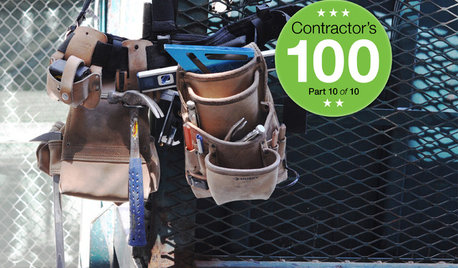
REMODELING GUIDESContractor's Tips: 10 Things Your Contractor Might Not Tell You
Climbing through your closets and fielding design issues galore, your contractor might stay mum. Here's what you're missing
Full Story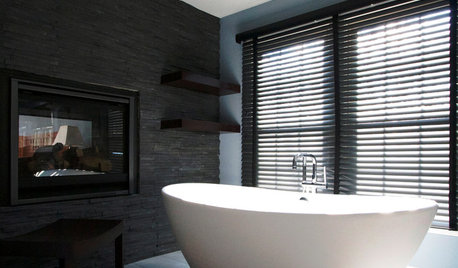
BATHROOM DESIGNDreaming of a Spa Tub at Home? Read This Pro Advice First
Before you float away on visions of jets and bubbles and the steamiest water around, consider these very real spa tub issues
Full Story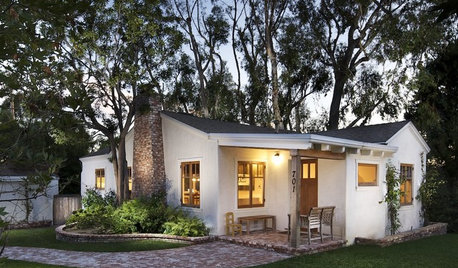
MOVING5 Risks in Buying a Short-Sale Home — and How to Handle Them
Don’t let the lure of a great deal blind you to the hidden costs and issues in snagging a short-sale property
Full StorySponsored
Franklin County's Full Service, Turn-Key Construction & Design Company



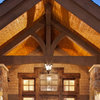
Ron Natalie
Ron Natalie
Related Discussions
240V wiring in shed with irrigation pumps
Q
old 240 v welder 3 wire plug - outlet is a 4 wire
Q
How to wire 240v 4 wire appliance to 3 wire in wall?
Q
Wiring Outdoors: 240v Ductless AC - Underground Conduit?
Q
brickeyee
isitcodeOriginal Author
brickeyee
Ron Natalie
isitcodeOriginal Author
bus_driver
Ron Natalie
isitcodeOriginal Author
greg_2010
isitcodeOriginal Author
bus_driver
isitcodeOriginal Author
brickeyee
bus_driver
isitcodeOriginal Author
greg_2010
isitcodeOriginal Author
greg_2010
brickeyee
kisu
brickeyee
petey_racer
isitcodeOriginal Author